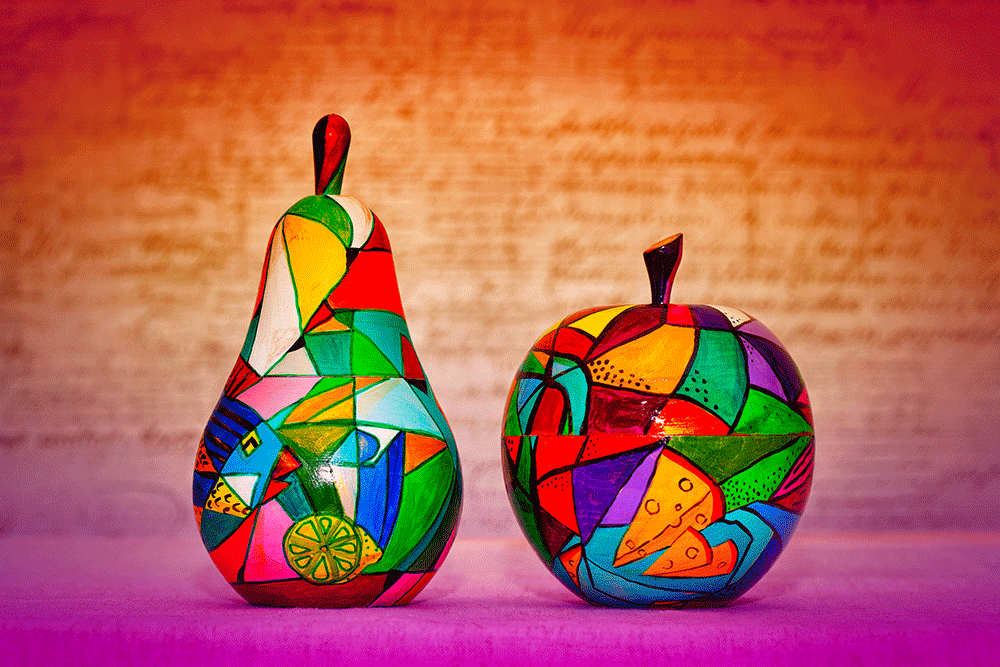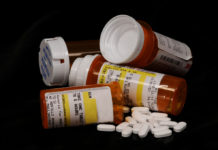sugar, artificial sweeteners, cookies and cakes. “You want to stay away from gluten products,” Owens said.
Everybody’s metabolism is different. Some alcoholics, for example, metabolize sugar in a way, which feels like they have inebriated themselves. The sugar in food can mimic the effect that alcohol effect elicits. Also, research has shown that sugar is eight times more addictive than cocaine, Owens said.
“It’s important to stay away from things that will trigger inflammation, craving, mood swings, and imbalance in the body,” she said.
Organic foods high in nutrients should be the target, especially a wide variety of fruits and vegetables, organic grass-fed proteins, and healthy fats like olive oil and avocados. Eating slowly and enjoying dinner instead of eating on the run helps to digest properly, as well. And drinking lots of water instead of sodas and juices full of sugar will significantly reduce the reliance on sugar.
Diet for recovery
Regular and healthy meals are crucial in overcoming substance abuse.
Someone in recovery forgets what it’s like to be hungry and craves drugs instead. It’s important to eat healthy meals and avoid low-nutritional calorie foods like sweets. Another vital part of the recovery is to stay hydrated (not by drinking alcohol) through water and other healthy fluids.
People suffering from addiction need to realize how proper nutrition can help their bodies heal. Getting the right mix of nutrients gives the body energy and aids in maintaining healthy organs, and boost the immune system to fight off infection.
Eating every four hours prevents a person feeling hungry and helps them avoid eating big meals that make them feel stuffed.
Eat foods rich in protein, complex carbohydrates and dietary fiber, especially whole grains, as well as foods that are low in fat. Adding vitamin and mineral supplements can also help, especially during the initial recovery stage. Increased intake of probiotics such as yogurt, kombucha, miso soup, bananas, and yes, dark chocolate help the stomach.
Beyond an improved diet, a person recovering from substance abuse should get plenty of rest, physical exercise, vitamin D (as in sunshine), reduce caffeine intake, and stop smoking.
Every person is unique. Follow a dietitian’s guidelines and discover what works best to overcome alcohol and drug abuse, once and for all, and get healthy.
















